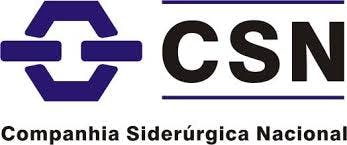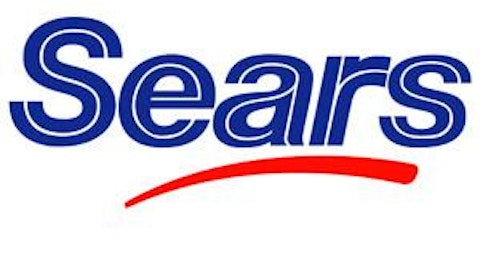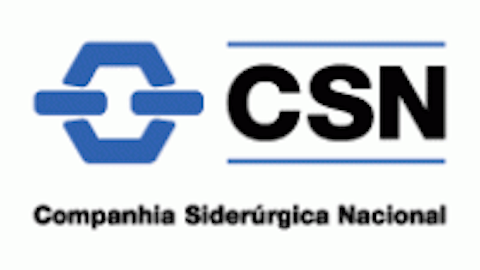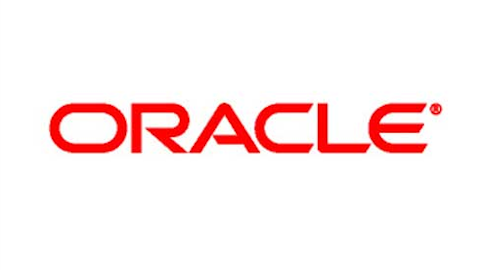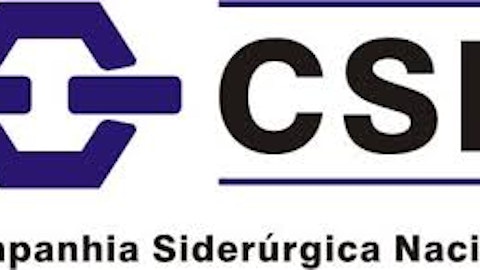Various initiatives, such as the Soccer World Cup, the 2016 Olympic Games, the pre-salt oil reserves, and the government’s PAC-2 infrastructure program are expected to boost the steel industry in Brazil. However, a stronger currency and government incentives have produced strong import pressure in Brazil, which has weighed on the profitability of the steel business. Also, their ability to stay competitive is compromised by rising labor and raw materials costs.
Companhia Siderurgica Nacional (ADR) (NYSE:SID)
– CSN – operates as an integrated steel producer primarily in Brazil. Companhia Siderurgica Nacional (ADR) (NYSE:SID)’s first-quarter profit was surprisingly hurt by a sharp drop in mining revenue.
Its steel business, focused mainly on high value-added steel, continued to hold up relatively well and Companhia Siderurgica Nacional (ADR) (NYSE:SID) anticipates a 5%-8% improvement in steel pricing for the second quarter. High value-added steel increases margins and reduces import competition, as Brazil mainly imports lower value-added products. The company exports about 15% of its steel production.
CSN has invested in operation outside of Brazil. In 2012, it acquired a Germany-based long steel manufacturer, a flat-rolled mill in Indiana, and another in Portugal. In Brazil, CSN plans to add another rolling mill and an electric arc furnace. This will mark CSN’s entry into long products, which are more heavily used in construction markets.
The iron ore business has become its main source of economic moat. Companhia Siderurgica Nacional (ADR) (NYSE:SID) uses about 40% of its iron ore internally and exports the rest, principally to China.
Companhia Siderurgica Nacional (ADR) (NYSE:SID) began making cement in 2009 and intends to grow this segment by installing three new cement units in the next few years, as cement production in Brazil is insufficient to meet demand.
Gerdau SA (ADR) (NYSE:GGB)
is the market leader in Brazil for long steel products, operating mills that use scrap metal as the primary raw material. Brazil has a favorable scrap market and no company controls a significant share of supply. In the first-quarter, its net income beat analysts’ estimates as costs rose less than expected.
Gerdau SA (ADR) (NYSE:GGB) is building a 2 million-ton hot-rolled coil and plate mill in Brazil, which will be its market entrance as a flat-rolled producer, making the most of the steel slabs it already produces. This is an important move, as focusing on finished steel production protects Gerdau SA (ADR) (NYSE:GGB) from import threats and reduces its dependence on exports. Gerdau SA (ADR) (NYSE:GGB) exports nearly 40% of its Brazilian production.
Gerdau SA (ADR) (NYSE:GGB) has stayed out of the iron ore market. However, it recently acquired additional iron ore reserves. The company is now considering selling these assets, entering into a joint venture to develop the mines, or splitting off the iron ore business into a separate company.
Usinas Siderúrgicas de Minas Gerais
– Usiminas – is Latin America’s biggest flat steel complex. Usiminas recently reported a quarterly loss that exceeded analysts’ estimates due to higher costs and lower income. Its production of flat steel dropped to the lowest level since the end of 2011.
Usiminas, which increased prices to distributors in Brazil twice in the first quarter, had “some volume losses” to competitors, Vice President Sergio Leite said during a conference call. Usiminas will continue seeking to cut its debt levels and increase productivity, CEO Julian Eguren said on the call.
Recently, Brazil’s antitrust body, Cade, gave the green light to Usiminas to form a network with distribution firms, steel manufacturers, and service companies, aimed at counteracting the rise in steel imports. However, Cade did not include an exclusivity clause in the agreement to ensure the network would only work with Usiminas products.
Bottom line
So far this year, shares of Companhia Siderurgica Nacional (ADR) (NYSE:SID) have dropped 47%, and Gerdau SA (ADR) (NYSE:GGB)´s and Usiminas’ have both fallen 32%. In the case of CSN, speculation that the company may purchase ThyssenKrupp‘s plants in Brazil and Alabama has contributed to the drop in shares.
Despite the fall, I believe the time to buy these stocks has not come yet. Profitability is their main problem. Focus on the domestic market has served them well as Brazil’s developing economy has supported steel consumption better than the developed world, but they have seen profitability erode by rising costs, tough competition from imports, and a very complicated environment that makes prices increases very difficult. This is not likely to change in the near future.
In addition, Companhia Siderurgica Nacional (ADR) (NYSE:SID) has lost focus on its main source of economic moat: the iron ore business. It continues to assign capital to activities with lower prospects rather than invest in the lucrative mining business. Gerdau at least managed to lower cost increases, which signals it is relying on prudence to bolster profits, while Usiminas’ results unfortunately reveal that its recovery may take longer than expected, as expenses keep rising and income keeps falling.
The article Will Future Initiatives Be Enough to Boost the Brazilian Iron & Steel Industry? originally appeared on Fool.com and is written by Victor Selva.
Victor Selva has no position in any stocks mentioned. The Motley Fool has no position in any of the stocks mentioned. Victor is a member of The Motley Fool Blog Network — entries represent the personal opinion of the blogger and are not formally edited
Copyright © 1995 – 2013 The Motley Fool, LLC. All rights reserved. The Motley Fool has a disclosure policy.
